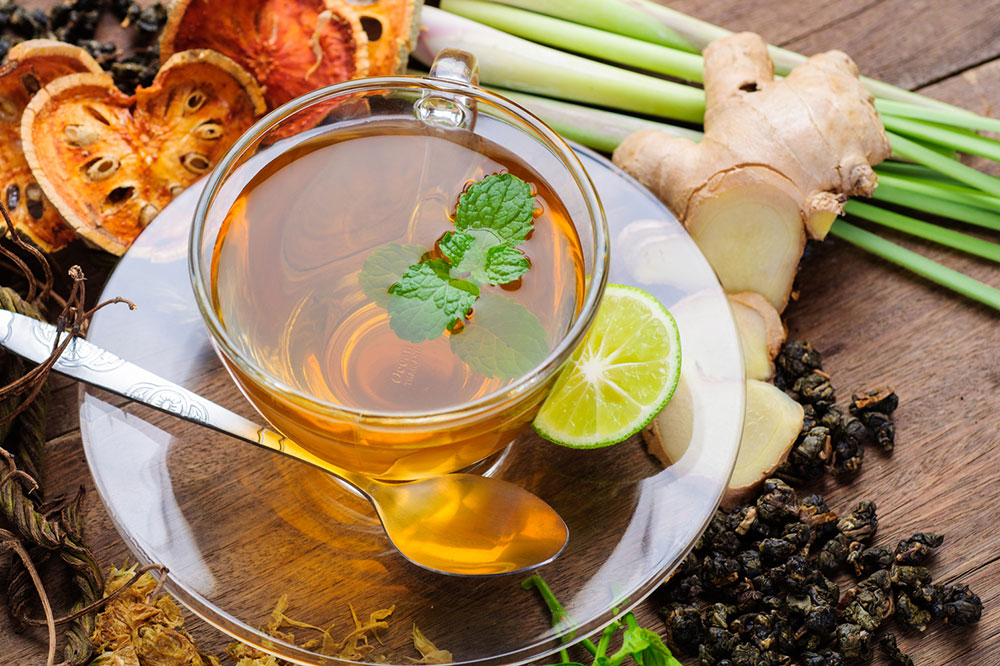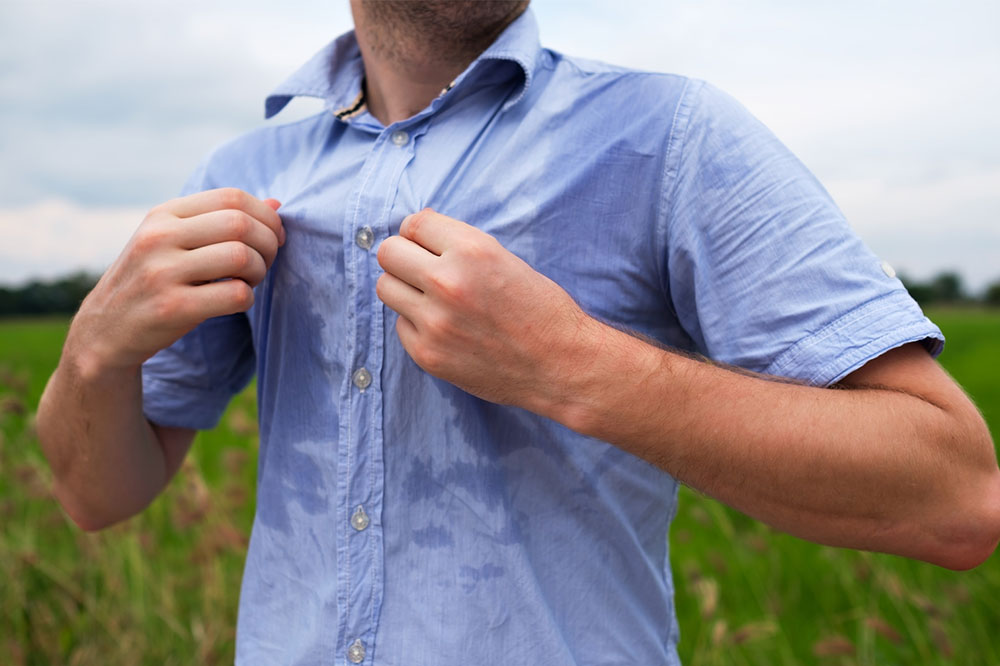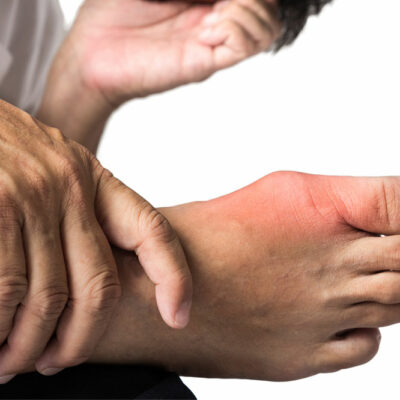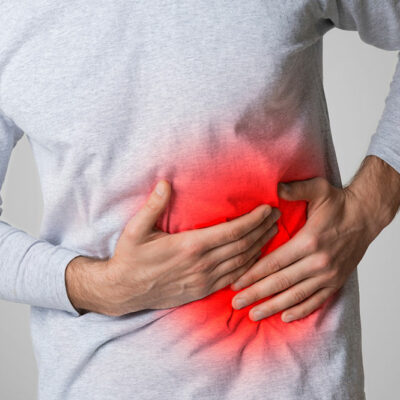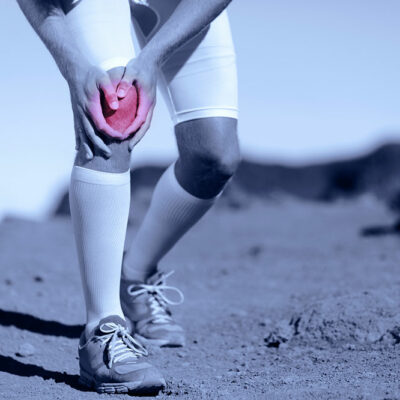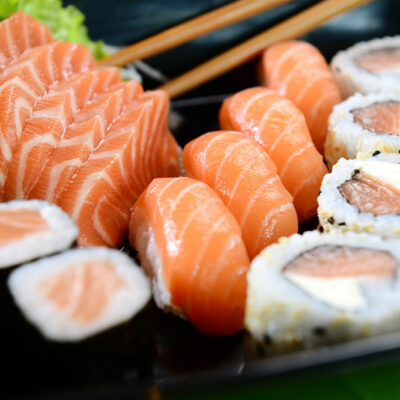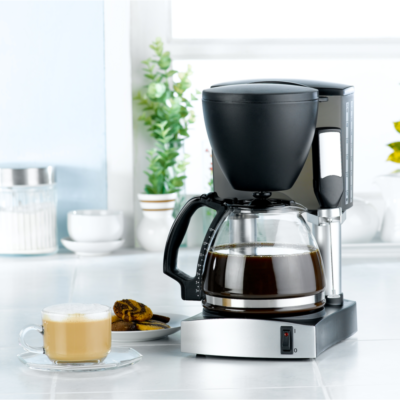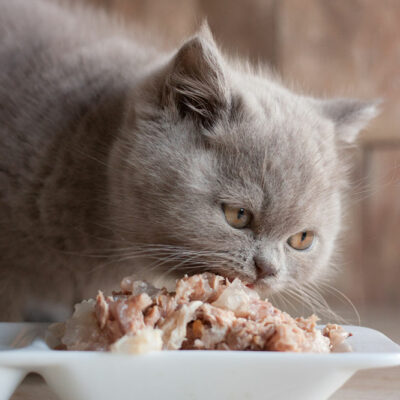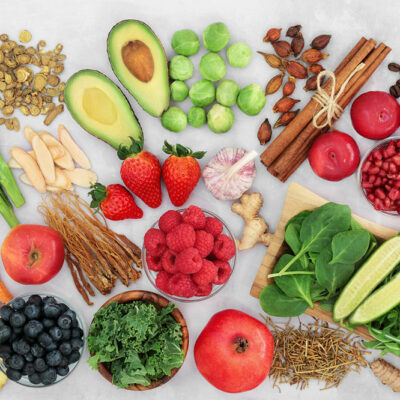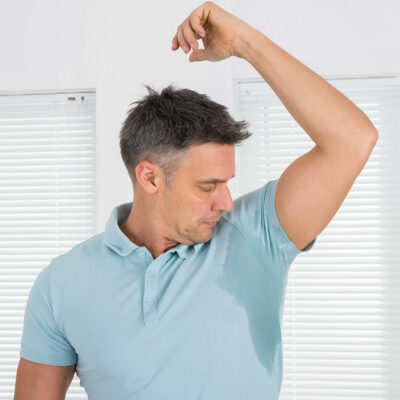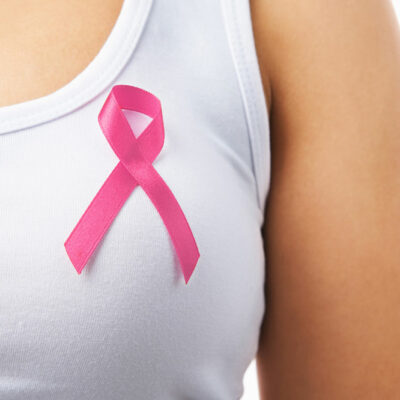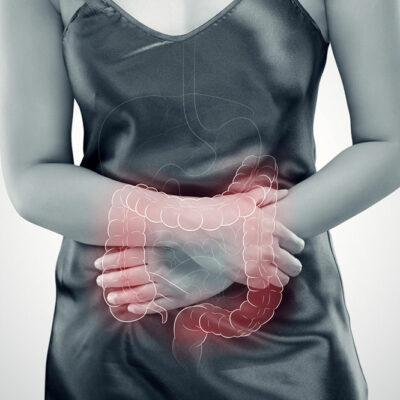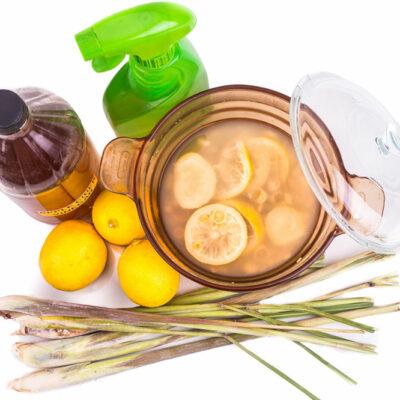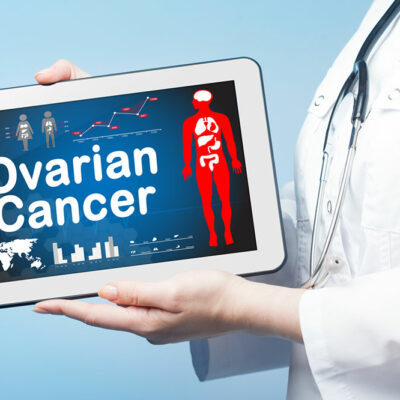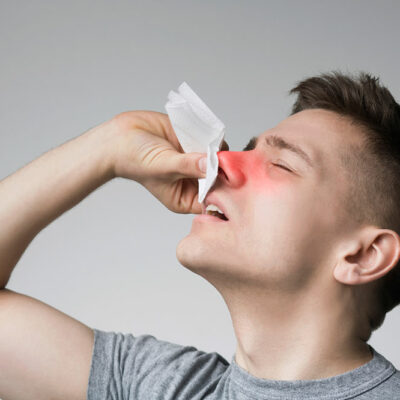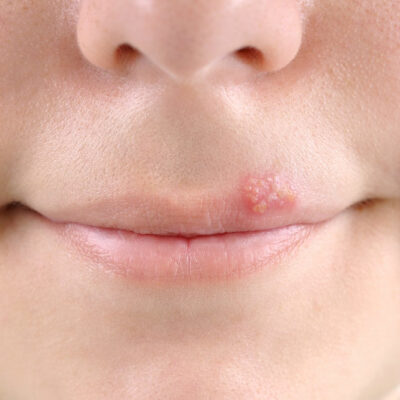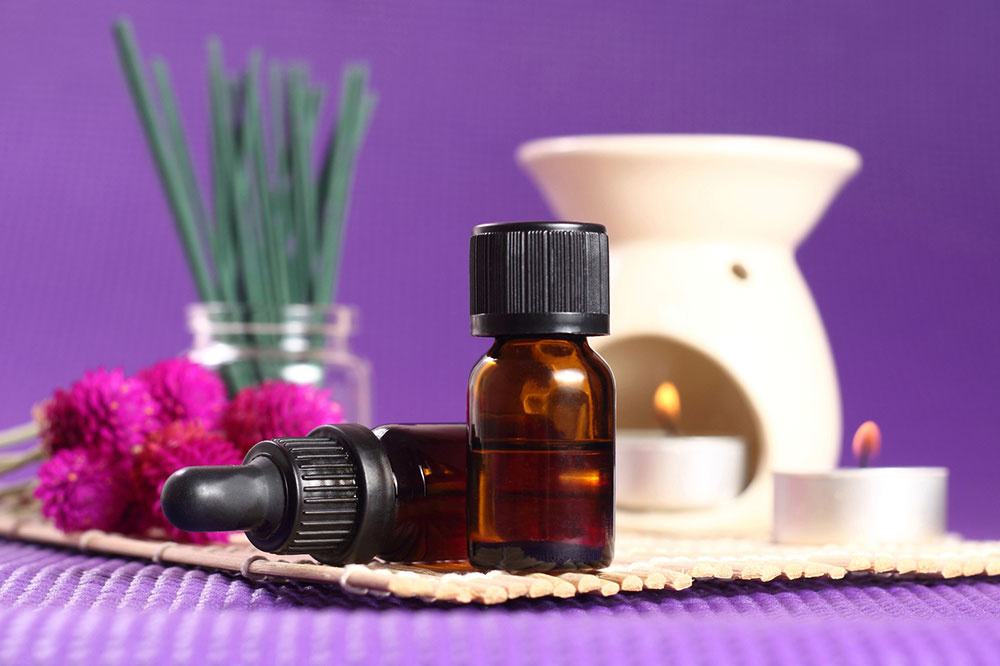
5 Essential Oils for Dry Scalp and Dandruff
Dandruff is one of the most common hair problems among people of all ages. There are a number of ways you can deal with this infuriating issue. One of the most effective ways is by incorporating the use of essential oils in your hair care routine. The role of essential oils for dandruff and dry scalp is vital, and you can choose from a number of options as per your needs and suitability. Read on to know the five best essential oils for dry scalp and dandruff. 1. Atlas cedarwood This essential oil is quite popular and used widely as temple incense. The balsamic and sweet aroma of the oil marks its presence, and you can use it for treating dandruff and other issues such as seborrhea of the scalp and hair loss. All you have to do is mix a few drops of the essential oil with some hair oil like argan oil and massage it in the scalp. For best results, leave the mixture for a few minutes before rinsing it off with shampoo. 2. Tea tree oil Another oil to make it to the list of essential oils for dandruff and dry scalp is tea tree oil.
Learn More 